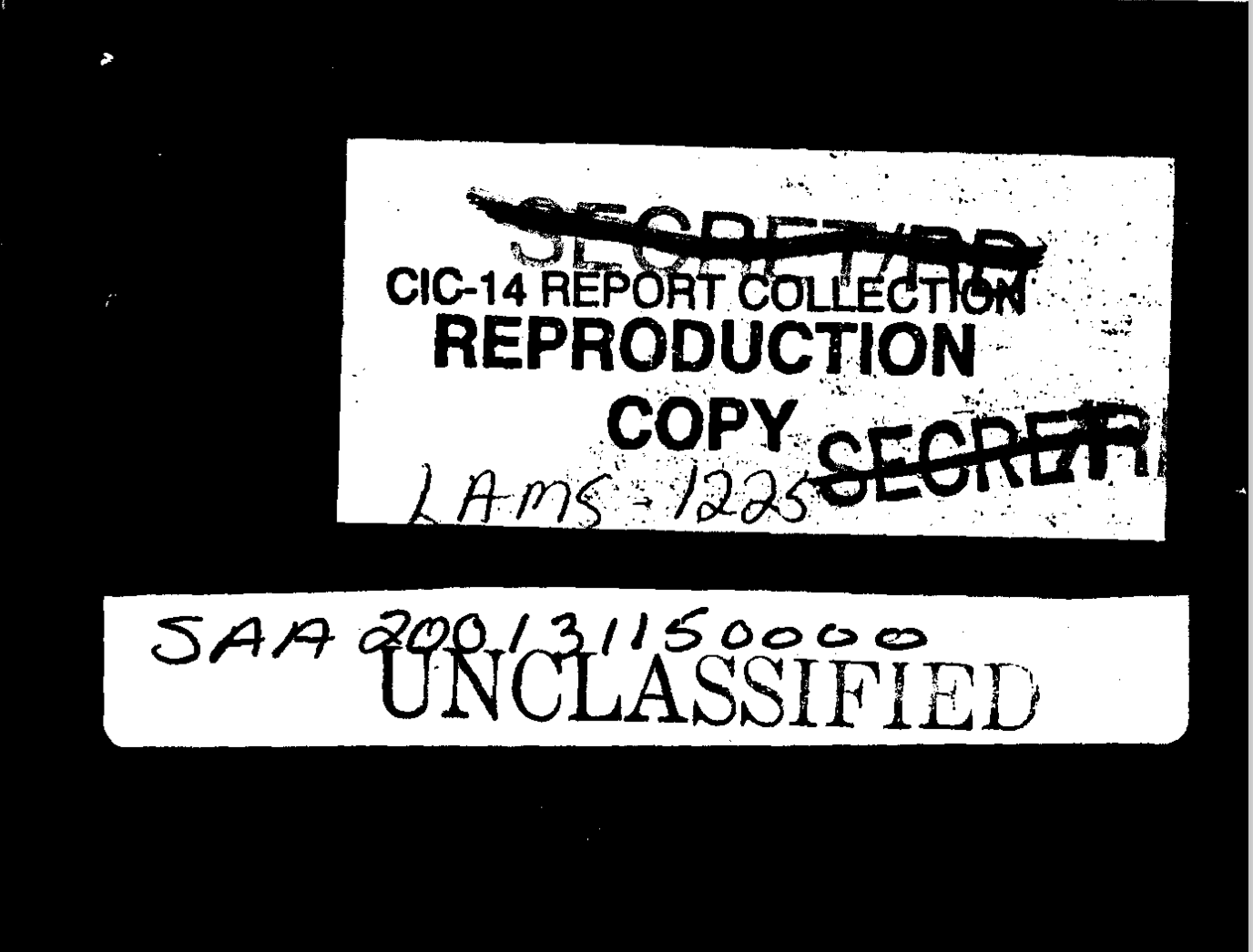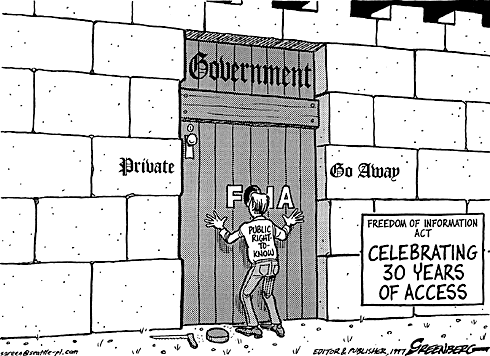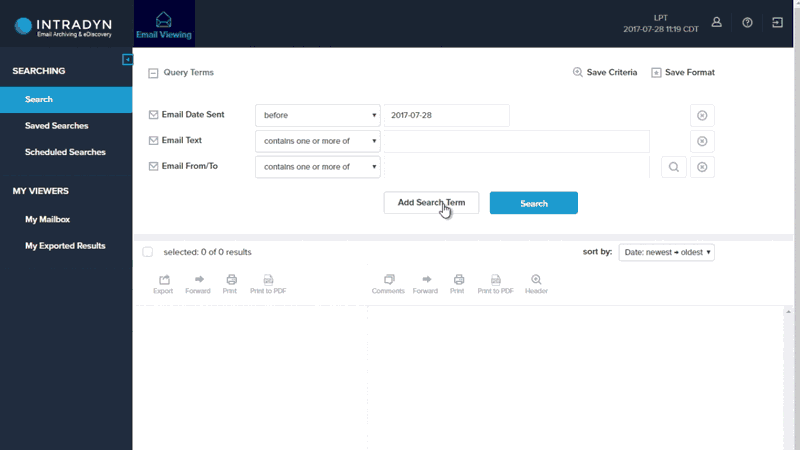10. Freedom of Information Act
FOIA Act & It's History

The Freedom of Information Act (FOIA) (FOIA.GOV) is a federal law that allows for the full or partial disclosure of previously unreleased information and documents controlled by the United States government. Enacted in 1966, the act has been instrumental in promoting transparency and accountability within the government, as well as empowering citizens to access information about the workings of their government.

The FOIA (US DOP) provides individuals with the right to request access to federal agency records or information. This can include a wide range of documents, such as reports, studies, emails, and other materials. The law establishes a presumption that records should be accessible to the public, unless they fall under one of nine exemptions, such as classified national defense or trade secrets.
/2024/03/28/1711658663125.gif)
Throughout history, the FOIA has been used to shed light on government activities and hold officials accountable. One notable example is the release of the Pentagon Papers in 1971 (WIKI), which exposed the government's misleading statements about the Vietnam War. The New York Times and The Washington Post published these classified documents, leading to a landmark Supreme Court case that upheld the newspapers' right to publish the information.

In the aftermath of the Watergate scandal (WIKI), the FOIA was further strengthened to increase government transparency. This led to a significant rise in the number of FOIA requests and subsequent disclosures. The act has been used to uncover information about government surveillance programs, environmental hazards, and corporate influence on public policy, among other critical issues.

In recent years, the FOIA has been employed to bring to light a wide range of government activities, from the use of drones for targeted killings to the handling of migrant children at the southern border. Journalists, researchers, and advocacy groups have used the FOIA to obtain information that has led to important investigative reporting and public awareness (ADE).

The act has also been a crucial tool for historians and researchers seeking to understand past government actions. By accessing previously classified documents, scholars have been able to gain insights into historical events, government decision-making processes, and the evolution of public policy.

While the FOIA (DEA) has played a vital role in promoting government transparency, it has also faced challenges. Agencies sometimes delay or deny requests, leading to lengthy legal battles. Additionally, the growing volume of electronic records has posed new challenges for the timely and efficient processing of FOIA requests.
The Freedom of Information Act has been a cornerstone of government transparency (NW ARK) and accountability in the United States. It has been used to uncover crucial information about government activities, inform public debate, and hold officials accountable. Despite its challenges, the FOIA remains a potent tool for citizens, journalists, and researchers seeking to access government information and ensure a more informed and participatory democracy.
This was written with the help of AI.
Comments
Post a Comment